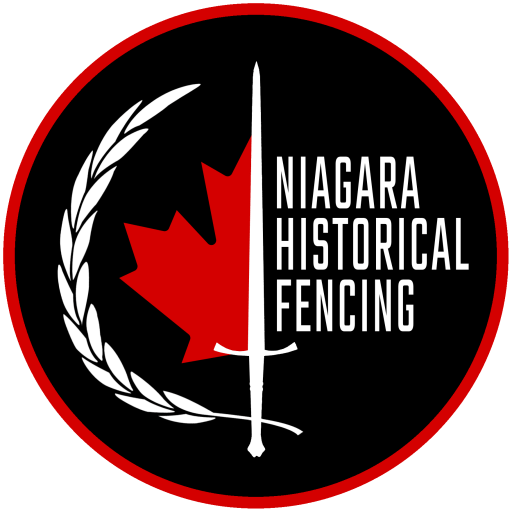FREQUENTLY ASKED QUESTIONS
Do I need to have prior experience with other martial arts/fencing to participate?
Not at all! Our instructors have experience with teaching students from all experience levels and from all walks of life. We set the pace for your training based on your experience and always do our best to focus more on new students that start with us so that we can build a solid foundation for which to learn from.
What should I wear to my first class?
Please wear comfortable clothes like a t-shirt and shorts along with some comfortable indoor shoes.
Do I need to bring anything to my first class?
We recommend you bring a water bottle and/or towel to your first class. Starter weapons are provided. Additional starter gear may be available upon request.
Is HEMA safe?
Although there is an inherent risk in any martial art we take every precaution necessary to ensure the safety and well being of our students. Any drills that have elevated risk to them require everyone to wear the appropriate fencing masks and protective gear to participate in them.
What is the difference between Olympic fencing and HEMA?
The main difference is that Olympic Fencing is a sport and HEMA is a martial art. Both systems require dedication, athleticism and training in order to excel and both have their own competitions. HEMA focuses on the historical recreation of fencing systems that were used in earlier periods of history and has a more varied assortment of weapons that can be studied. Because of this it can appeal to many different types of people; whether you are in it for the history, to compete, or just because you have an interest in swords there is a place for you in our school.
I’m interested in HEMA but am not sure which weapon to train. Can I try both?
Of course! You can switch between weapons each class you take or you can dedicate yourself to a single discipline. When you first start off we recommend that you try both weapons to see which system you prefer and then stick with one while you learn the fundamentals of the system.
Can I spar with other club members?
Sparring is an integral part of HEMA as it allows practitioners to gauge their progress in a live environment. Sparring requires that each student have their own full set of protective gear. In addition students must show a reasonable understanding of their techniques and proper control of their weapon before being allowed to participate in sparring. Prior to being able to free-spar with other club members students must first be tested and approved by an NHF instructor.

